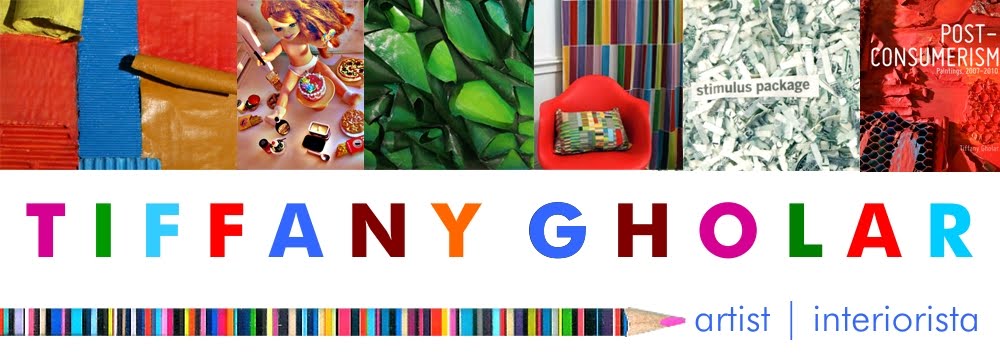 |
| Ignore Everybody and 39 Other Keys to Creativity by Hugh MacLeod |
This is a great book and I recommend it to anyone who wants to do something creative, especially if the people in your life are not very creative. A few years ago I learned the hard way that just because someone claims to want what's best for you, it doesn't mean they actually know what's best for you. Sometimes you are better off not taking their advice.
The book starts out with a bang:
1. Ignore everybody.
The more original your idea is, the less good advice other people will be able to give you. When I first started with the cartoon-on-back-of-bizcard format, people thought I was nuts. Why wasn’t I trying to do something more easy for markets to digest i.e. cutey-pie greeting cards or whatever?
Here are his first 10 main points:
1. Ignore everybody.
2. The idea doesn’t have to be big. It just has to be yours.
3. Put the hours in.
4. If your biz plan depends on you suddenly being “discovered” by some big shot, your plan will probably fail.
5. You are responsible for your own experience.
6. Everyone is born creative; everyone is given a box of crayons in kindergarten.
7. Keep your day job.
8. Companies that squelch creativity can no longer compete with companies that champion creativity.
9. Everybody has their own private Mount Everest they were put on this earth to climb.
10. The more talented somebody is, the less they need the props.
You can read the rest here: http://gapingvoid.com/ie/
I love what he said about no great novels being written with really expensive, designer fountain pens. I think we rely on external props that we think will somehow make us more creative (like certain brands of computers, for example) instead of adjusting the technology to fit our own needs or being creative enough to make something out of nothing. I find it amusing and ironic that so many artists, who avoid joining groups, clubs, or organized religions because of the perceived threat to their individuality, have no problem joining certain cults of technology or personality. Likewise, the push to social media and "liking" what your friends like, re-tweeting and re-blogging on Twitter and Tumblr, and sharing images in the hopes of getting immediate feedback creates an environment of conformity, a certain hive-minded collective consciousness that can deaden the impulse to think for oneself. As David Meyer put it, "We live in an Internet culture where individuality is supposedly celebrated, but where the tyranny of brand reputation is ruthlessly enforced on a collective basis."
- I need to replace my Hotmail account with a Gmail account because everybody's doing it.
- If you are good at more than one thing, just focus on one of the things you are good at and only develop that particular talent.
- You can't make art on a PC. Every artist needs a Mac.
- The only good smartphone is an iPhone.
- If I crowdfund my art with Kickstarter or IndieGoGo, I will make a lot of money.
- Every blog must be self-hosted on Wordpress.
- You shouldn't build your own website if you're an artist, even if you know how to do it. It's much better to pay someone else to make a cookie-cutter website instead.
- Educational debt is good debt.
- I have to follow everyone who follows me on Twitter, no matter how boring or irrelevant their tweets are.
- I need to read as many blogs about blogging, tweets about Twitter, and Facebook posts about Facebook as possible because social media and SEO experts have all the answers.
- If I spend a lot of money on this person's webinar/book/conference call about how to be a successful artist/interior designer, all my problems will be solved.
- Being on social media will get you discovered and lead to overnight success!


No comments:
Post a Comment